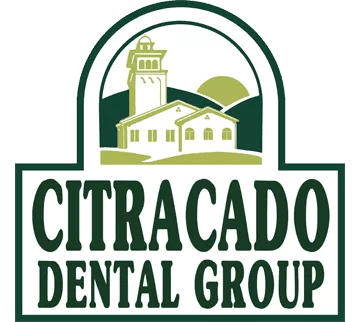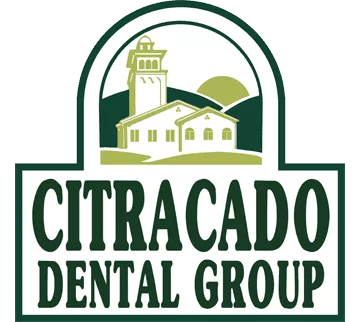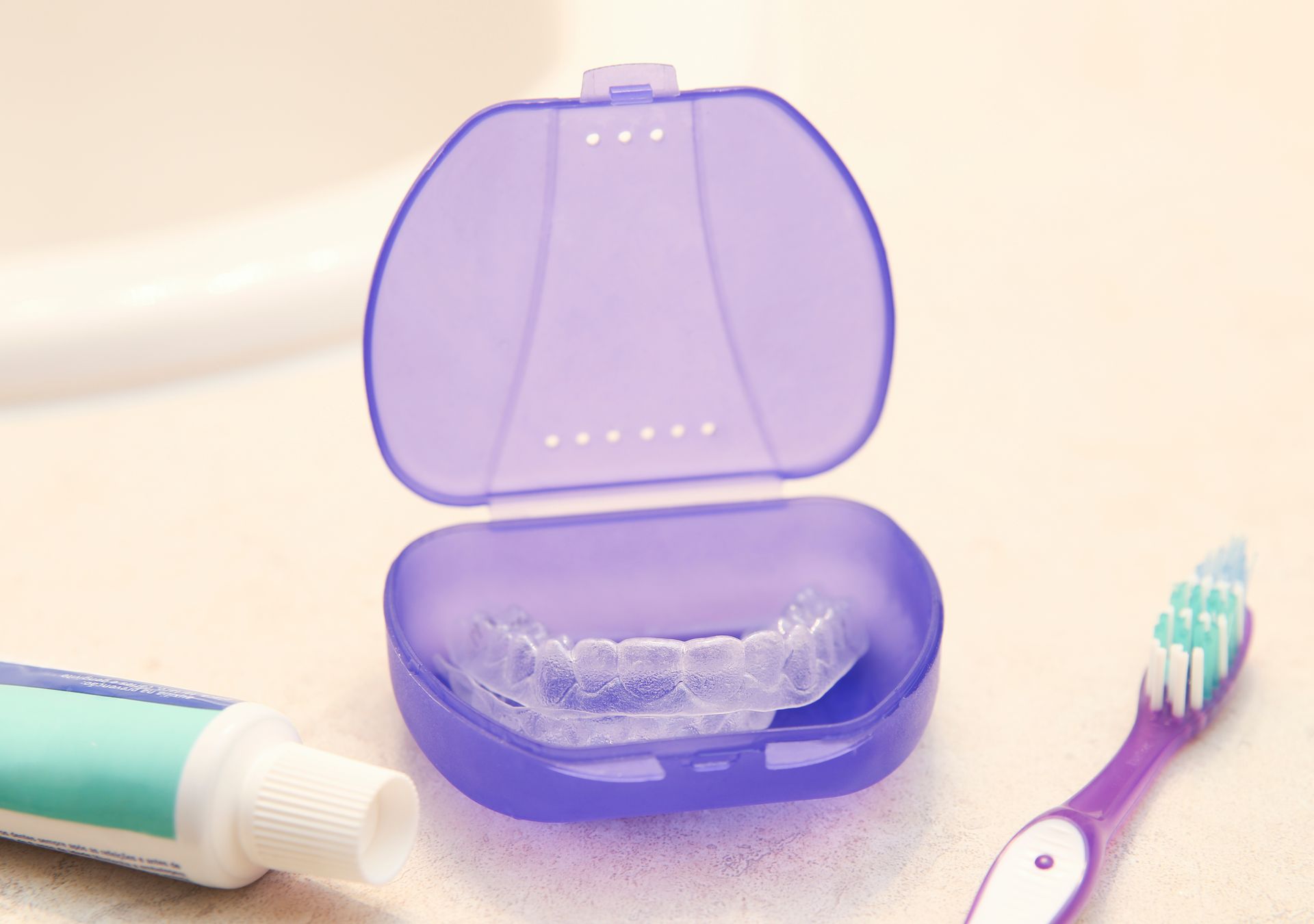CALL/TEXT US (760) 489-5545
HOW DOES A HEALTHY MOUTH LEAD TO OVERALL HEALTH?

The rewards of excellent oral health go beyond a sparkling smile and minty fresh breath
There’s a significant body of evidence that a direct line can be drawn between oral health and a healthy body.
For instance, the mouth can show the first signs of nutritional deficiencies and other ailments. Major and systemic diseases such as immunodeficiency or diabetes may become apparent through mouth lesions or other oral complications.
Studies show that other health issues such as stroke, cardiovascular disease, rheumatoid arthritis, pneumonia and premature birth can be traced from periodontal disease, an illness of the mouth that begins as gingivitis.
What role do bacteria and inflammation from periodontal disease play in system disease or ailment?
Why is periodontal disease more severe when the body is fighting other seemingly unrelated diseases such as diabetes or blood cell disorders?
Researchers are continually searching for more clarity on these connections between oral health and overall health.
Scientific evidence shows that oral bacteria, can enter the bloodstream, form colonies, and trigger bigger issues for the entire body. One such response is inflammation of the cells and tissues, which can narrow arteries and increase the risk of blood clots.
Periodontal disease may increase the severity of other health conditions and offer clues to other systemic complications, especially diabetes and any cardio-vascular disease.
The undeniable connections between mouth care and overall health are reasons to consider what preventive measures can be taken to enjoy and maintain a healthy lifestyle.
One important step is to practice good oral hygiene habits, such as brushing twice daily and flossing.
Good oral hygiene is a good preventive first step toward fighting oral disease, which can directly lead to bacteria buildup, infection and tooth loss.
A healthy diet including lots of fruits and vegetables, combined with appropriate nutritional supplements, can reduce the risk of tooth decay and gingivitis, an early stage of gum disease.
Regular dental hygiene visits are essential to maintain oral health, as the early stages of periodontal disease show no symptoms and cause no pain. Every dental hygiene appointment should include an assessment of your oral health status.
Patients concerned about their overall health must start a conversation with all their health care providers, including dentists. An updated and thorough health and medication history can help patients and their doctors devise an action plan that includes preventive care, needed therapy, and will promote overall wellness.
QUICK MENU
RECENT POSTS

ARCHIVES
CATEGORIES
EXPLORE YOUR DENTAL HOME IN ESCONDIDO!
CALL/TEXT:
760.489.5545
EMAIL:
edith@citracadodental.com
HOURS
Mon: 8:00 a.m. - 5:00 p.m.
Tue: 8:00 a.m. - 5:00 p.m.
Wed: 9:00 a.m. - 7:00 p.m.
Thu: 8:00 a.m. - 5:00 p.m.
Fri: 8:00 a.m. - 5:00 p.m.
Sat: 8:00 a.m. - 12:00 p.m.
Sunday Closed





